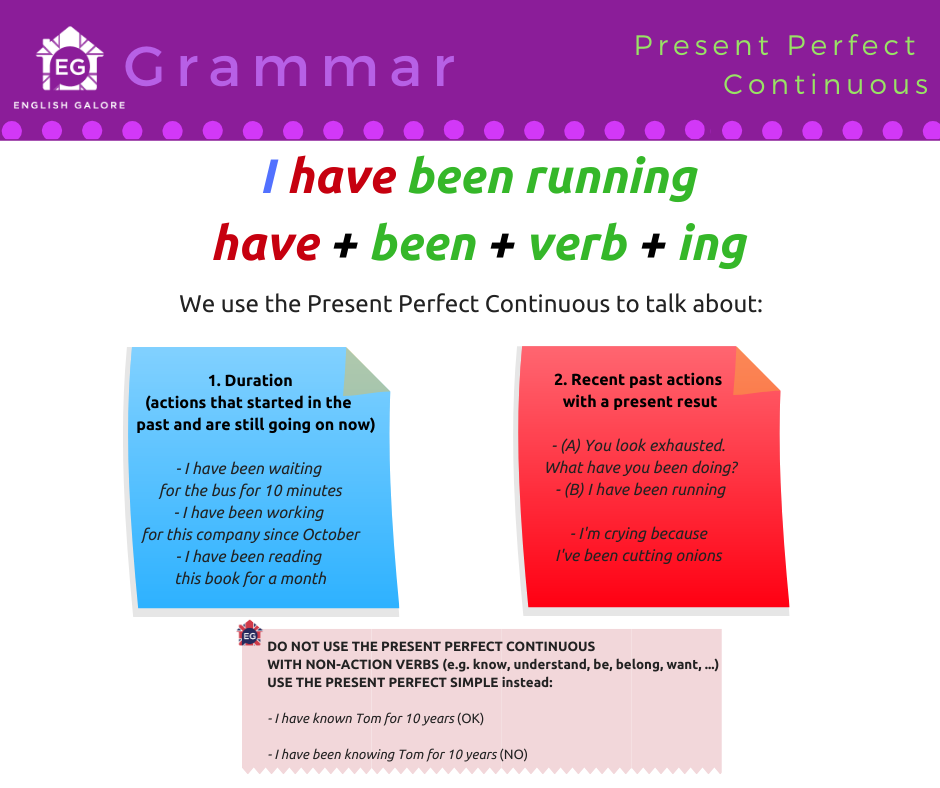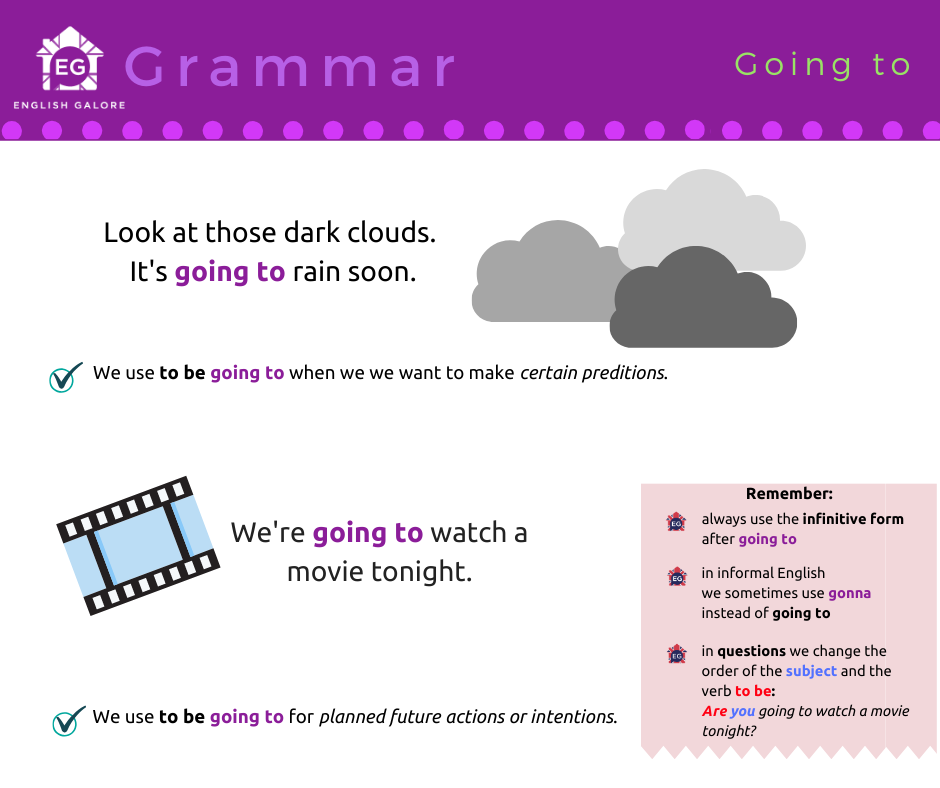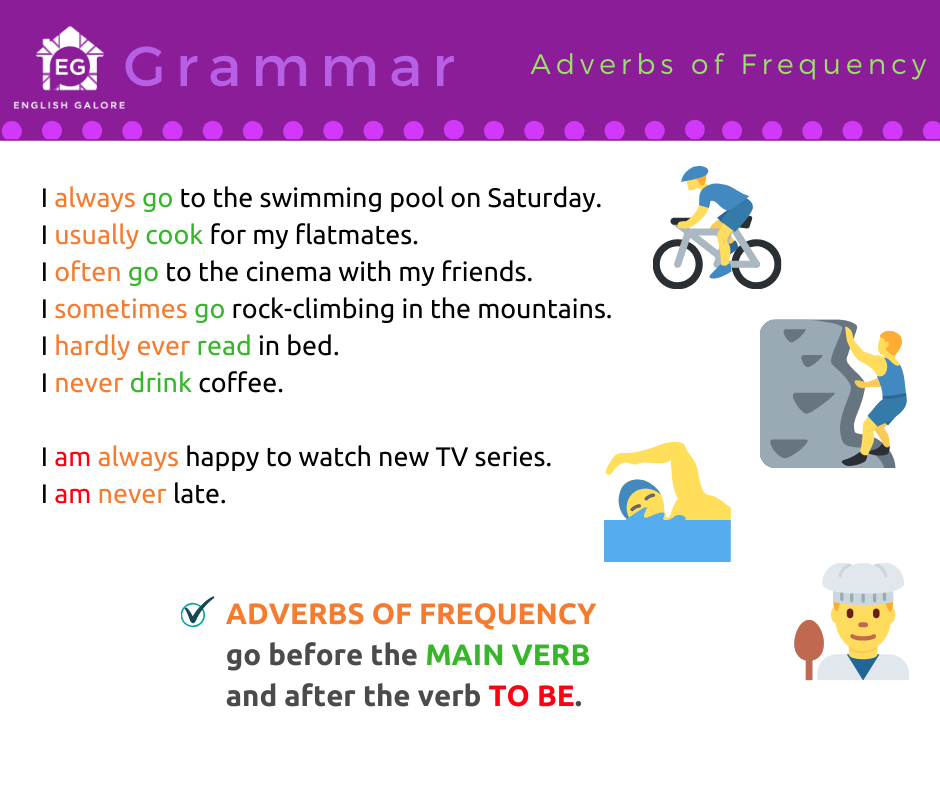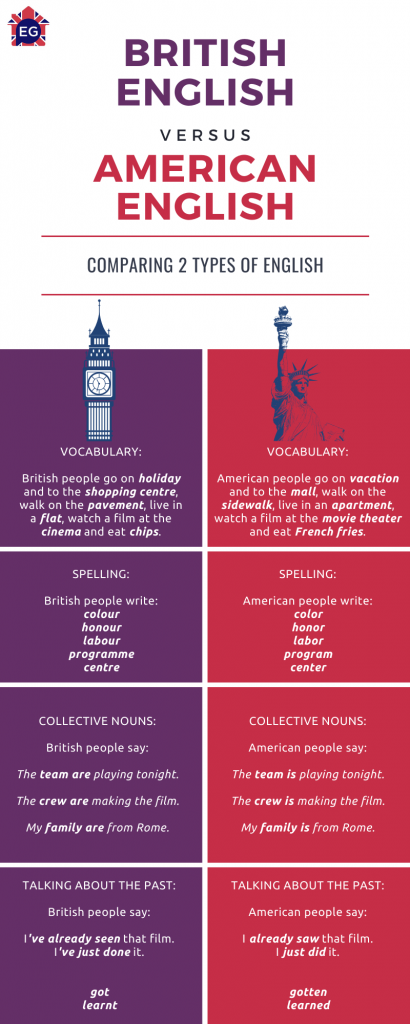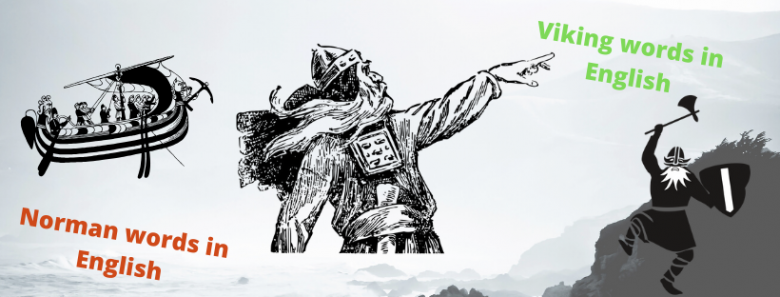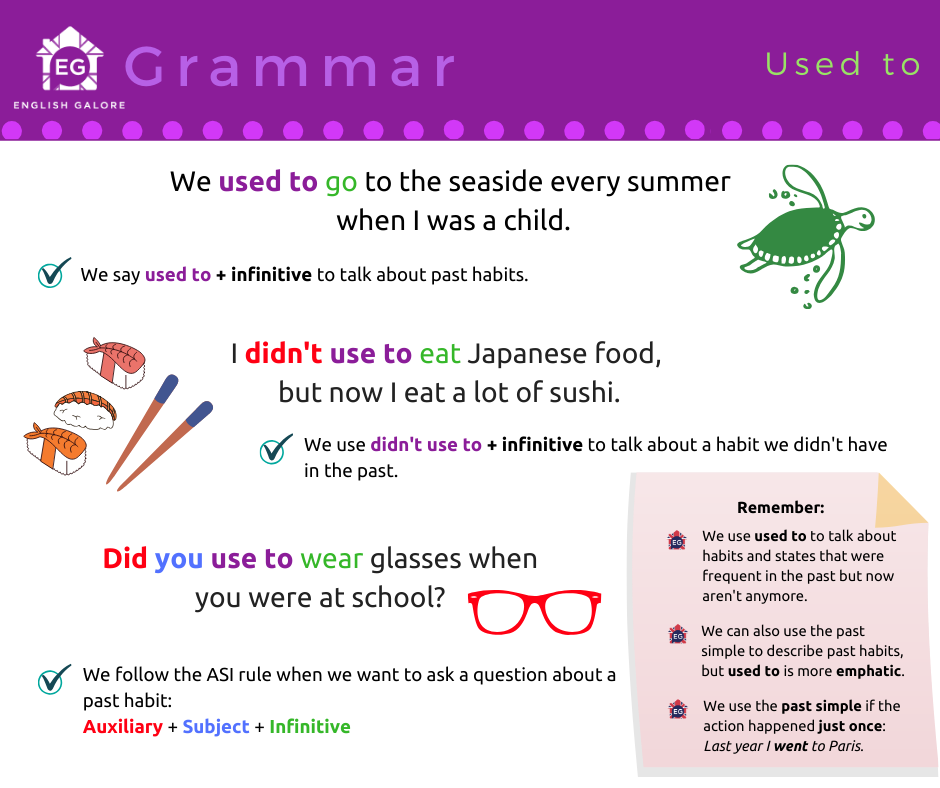
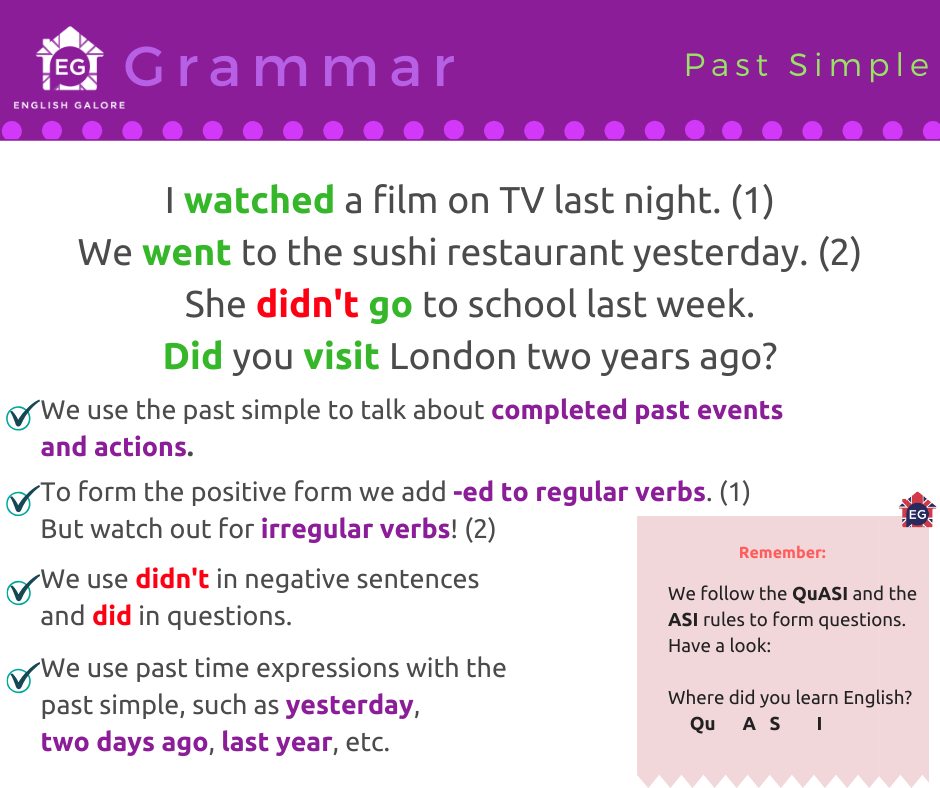
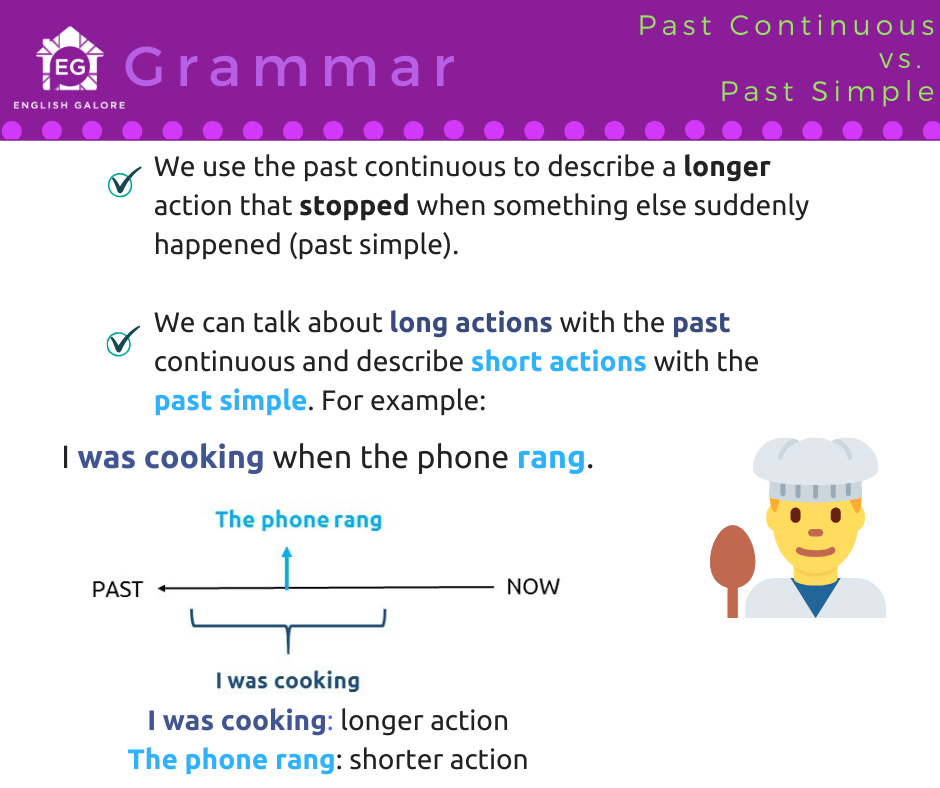
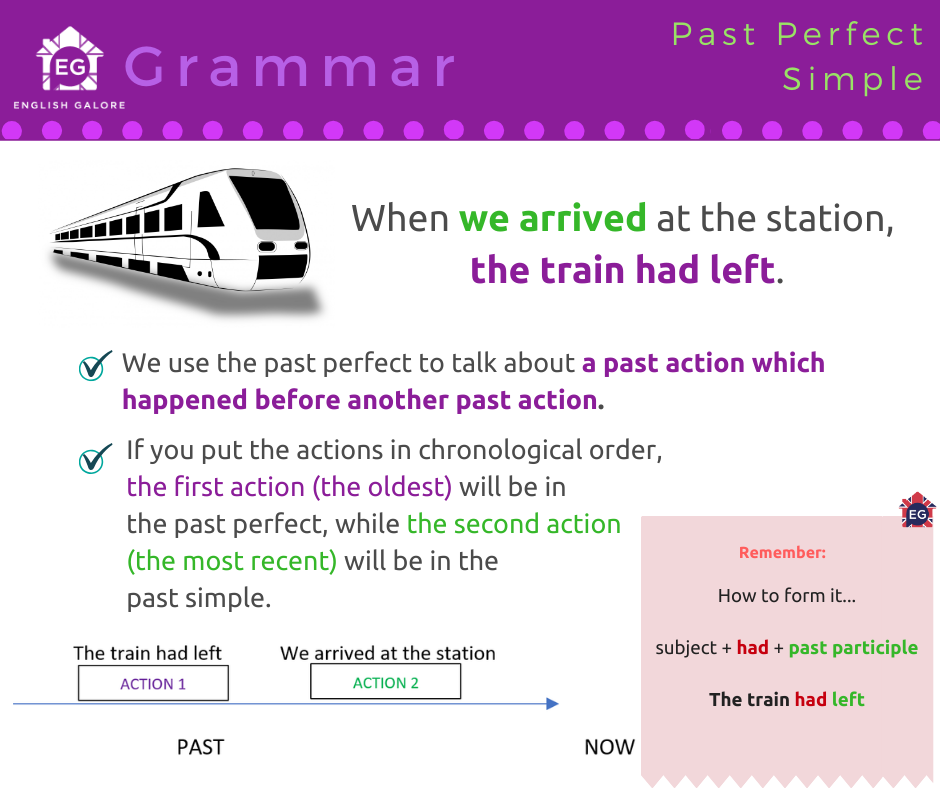
When you tell a story you can use all the three tenses together. Have a look:
“It was late in the evening and the wind was howling outside. Tom was reading a book in his living room while his cat was sleeping on the couch. Suddenly he heard someone knocking at the door. “Who’s there?” he asked. He stood up and went towards the door. He was a little worried because he wasn’t expecting anyone. He opened the door but saw nobody; whoever had knocked had already gone away. “Stupid wind,” he thought, and he went back to read his horror book.”
In medieval times, the English language was enriched by a large number of words coming from Old Norse, the language of the Vikings, and French, after the Norman conquest of 1066.
Words such as sky, skull, berserk, bull, cake, egg, fog, guest, kid, knife, knot, lad, mistake, plough, race, reindeer, saga, skin, skirt, wing, window, troll, they or verbs such as take, whirl, whisk, shake, haunt, hit are of Viking origin. Words beginning with “sk-” (e.g. skull, skill, sky, …) are typically Scandinavian; some of these words maintained the “sk-” sound, while others changed it into “sh-“, e.g. the verb “shall“, “sceal” in Old English and “skola” in Old Norse and Swedish.
After 1066, French became the language spoken at court and several words of French origin started to be used: beef, mutton, salad, sausage, cabbage, carrot, cherry, parish, prayer, mail, portcullis, friar, mass, dolphin, elephant, ostrich, falcon, state, guard, soldier, cavalry, officer, vault, belfry, aisle are just some examples we still use nowadays.
From the beginnings to the Norman Conquest (500 BC – 1066 AD).


